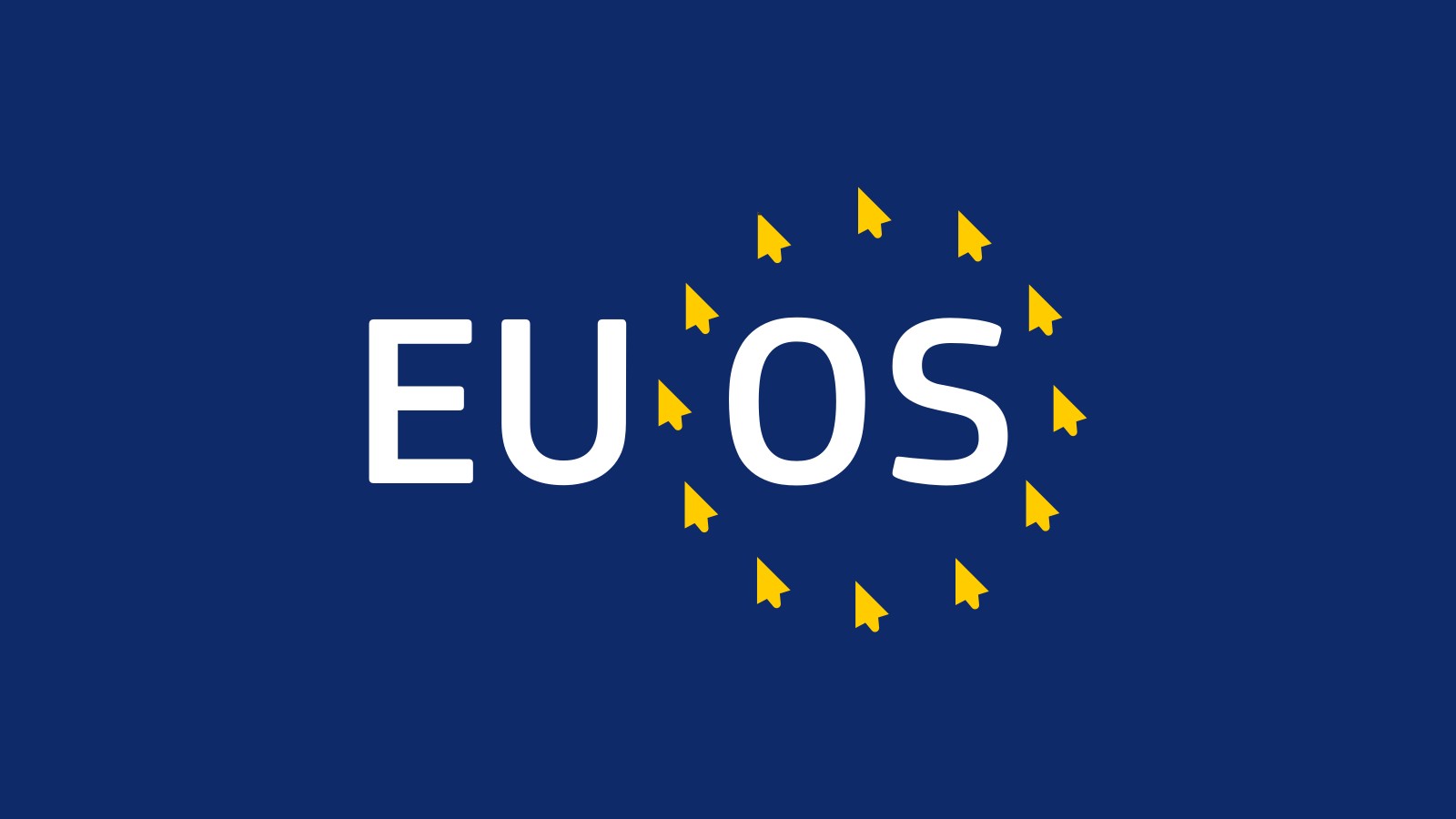
So, let’s make it clear – even though the name EU OS might suggest a connection to the European Union (as well as a strong reference in the logo), it doesn’t actually seem to have any official ties to the EU organization itself. In my opinion, the name is a bit misleading, and it’s easy to see how people might mistake it for an official EU initiative – but it’s not.

Pardon my ignorance, but why yet another fork? Aren’t there already hardened distributions suited for government use? To me the hard part seems to be the services needed for enterprise mgmt; software provisioning, policies, user acces mgmt, auditing/compliance scanning. Perhaps a good idea to look at parties that can also offer ‘corporate’ support at scale. https://ubuntu.com/gov perhaps?

I think it’s not a distribution really, more of a set of layers on top of a distribution. Like a blueprint for how to setup a distribution for government use in a standardised way. Or sth like that, I didn’t really understand it completely.
Also making our governments dependent on a US organisation seems like a very bad idea, even if it is Ubuntu.

Canonical Ltd. Is registered in London, England. How is that a US organisation?

While I sue fedora and I think it’s great as an OS why not OpenSuse here to really be EU based ;)?

because fedora is a much wider used distro which means it has out of the box support for a lot more tools and packages, as well as a lot more troubleshooting articles around the web
alternative question: why not fedora?
you’re not really giving up, or giving anything by using it as a base distro

You are supporting a US company (RedHat) while you could support an European one. You also rely on US based server bound to US patent laws (which are much more crappy than EU ones). OpenSuse uses rpm too so you wouldn’t give away much. OpenSuse is also back by the oldest company (German) selling Linux as a product so you’d have great support. As highlighted by others, otherwise, Ubuntu is more widely use than Fedora and Europe based too. By your criteria (support out of the box and troubleshooting articles online) Ubuntu should be the winner.

This is a great project and I hope we can band together to make it a reality! For us Linux and FOSS enthusiasts we have a real window of opportunity now to drastically increase the adoption of Linux as the Europeans OS of choice.
The distro used in this POC is not so important. It is just the easiest problem among other much harder problems to discuss and solve to make this a reality.

So many bike sheds. So little time.


